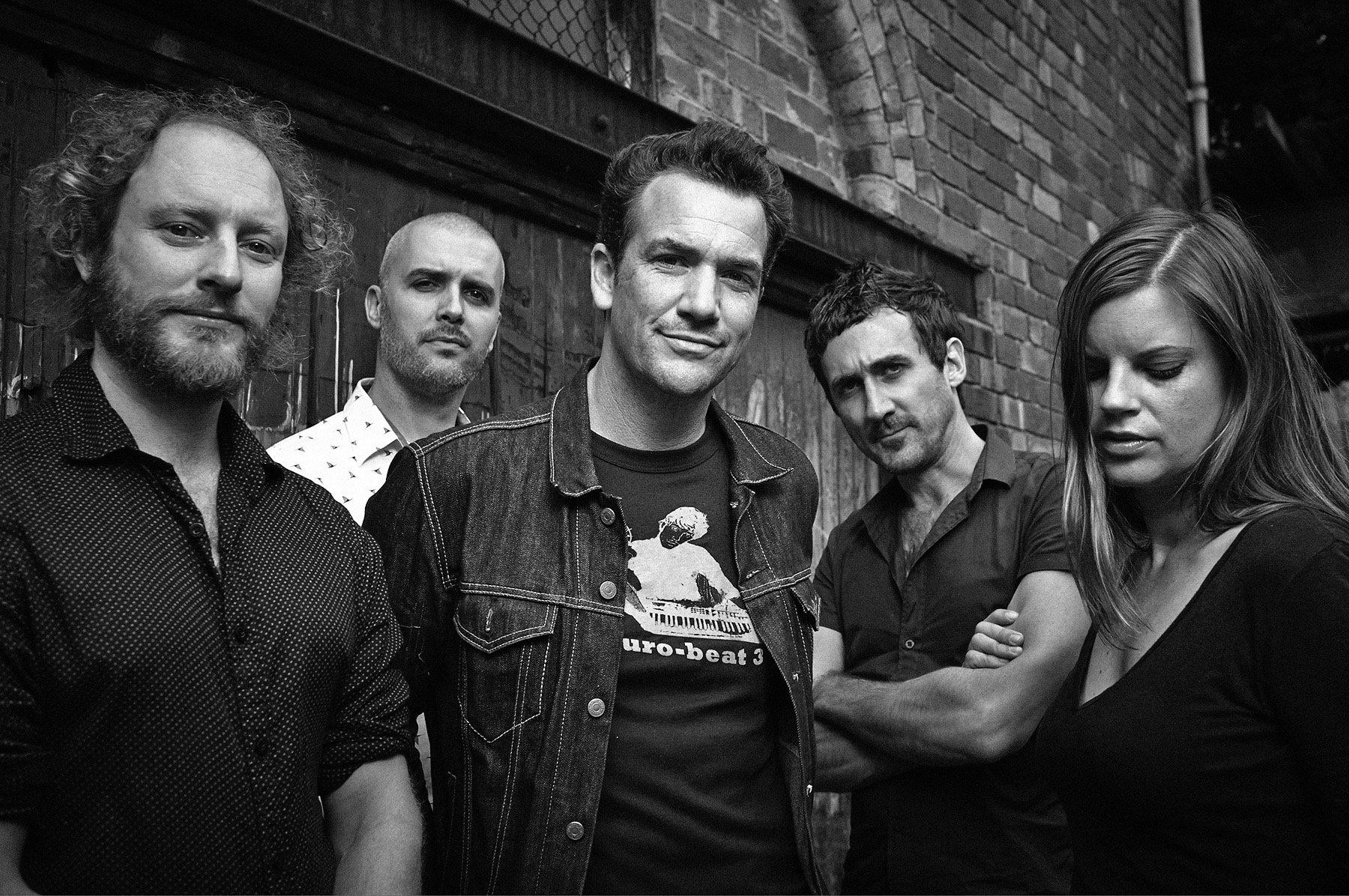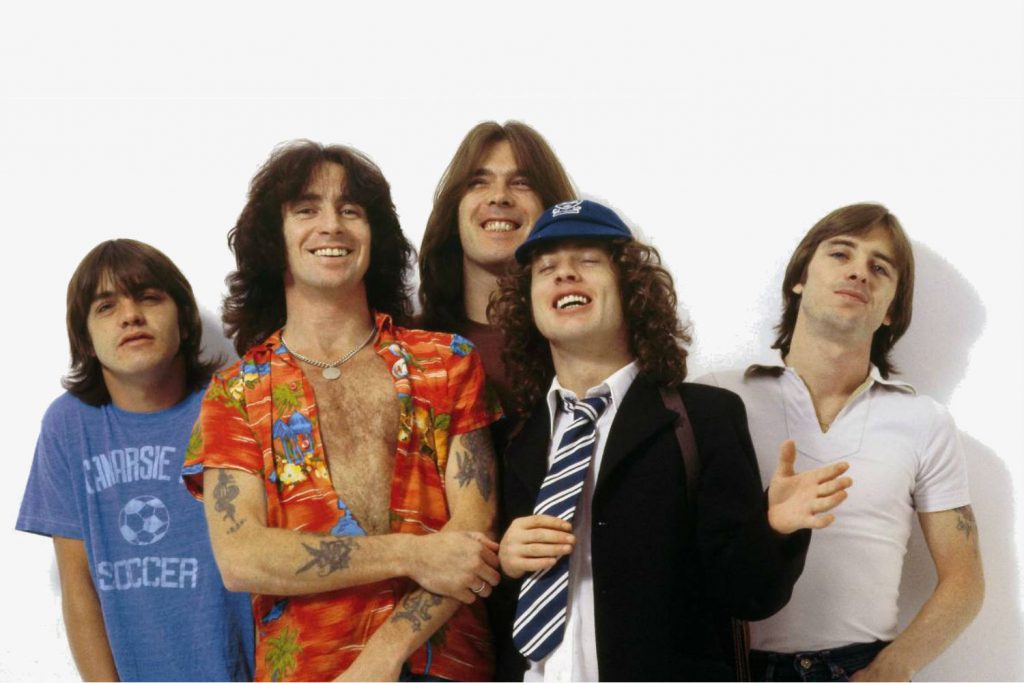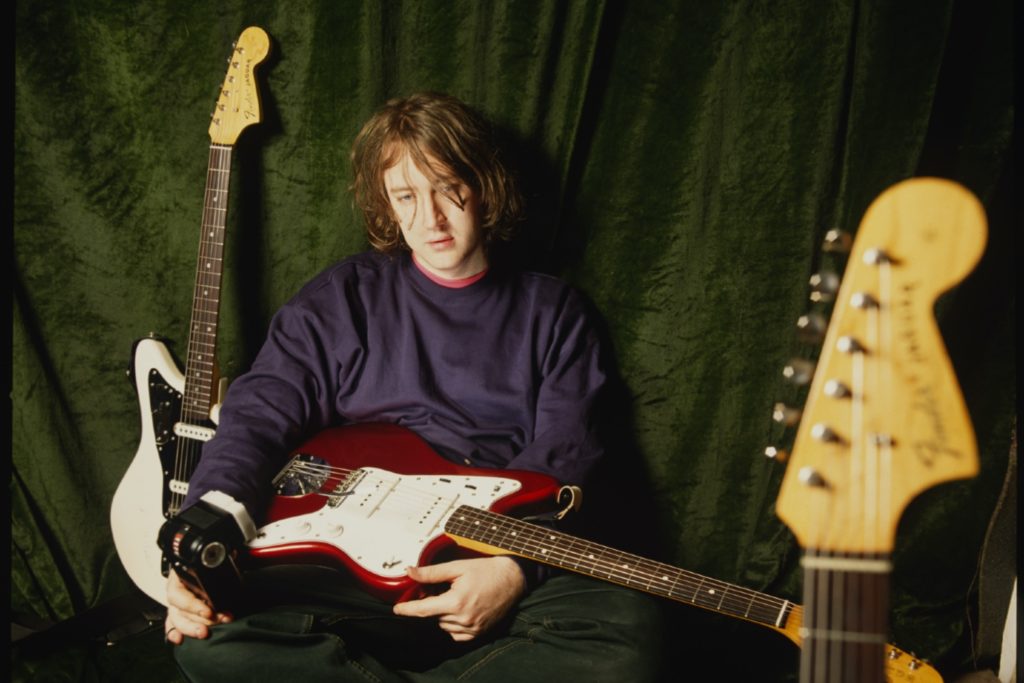An Intertextual Look at Gareth Liddiard's opus 'Why Write A Letter That You'll Never Send'
The Drones’ last concert wasn’t sad or celebratory. In fact, it was hardly a goodbye. Frontman Gareth Liddiard only awarded it passing mention onstage at Fairgrounds Festival in 2016, mumbling mid-set, “This will be our last one for a while.” The Drones were intensely cerebral, treating Australian blues and folk tradition with something between reverence and disgust. Though their “hiatus” has given way to the veritable Tropical Fuck Storm, it seems a shame to quickly forget the foundational legacy of the former band.
Liddiard’s songwriting psyche with The Drones was mired in an Australian apocalypse — picking through Australia’s convict history and nestling it within modern consciousness. The political bent of his words drives journalists to cast him as something of an outsider commentator — Liddiard expressed his disdain for this in an interview with a radio national interviewer in 2016, declaring “I’m not Waleed Aly when it comes to political science. I’m not an academic, I’m not an intellectual, I’m not a sportsman; I’m a musician. I connect musically to people.
“I like people. They shit me and disappoint me. But my dog shits me and disappointments me.”
More accurately, Liddiard is intensely referential — moulding the emotional core of history, both real and imagined, to a modern misanthropy. An interview with the now defunct website The Vine in 2013 revealed Liddiard often uses Brewer’s Dictionary of Phrase and Fable, a reference work containing definitions and explanations of many famous phrases, allusions, and figures, whether historical or mythical.
“Once you’re sick of making stuff up… all making stuff up is making connections, really,” Liddiard said. “Generally your mind will get good at that during the writing and creation of an album.”
The nine minute closing track to I See Seaweed, ‘Why Write A Letter That You’ll Never Send’ is the culmination of tens of these connections — linking increasing technological isolation to the loss of letter writing, detachment from politics to celebrity stardom, failed dreams to a failing society, learning nothing from catastrophe to the valorisation of war and humanity’s ultimate failure. Mixdown picks apart the song’s anatomy, encompassing several lyrical, literary and musical traditions, and explains why it might be Liddiard’s crowning misanthropic achievement.
The Lost Letter Song
Songs about letters, or songs written as letters, is a forgotten practice – likely because, as Liddiard puts it, “There ain’t no time or place” for letters themselves anymore. Tom Waits’ ‘Christmas Card From A Hooker in Minneapolis’ from 1978 is a classic example of the lost art; a prostitute updates her friend on her life, lying throughout the song before admitting she is in jail and needs money for bail.
Liddiard begins the song by reframing the form as an email — “something like a letter…smuggled through my inbox, just this morning, 3:00am” and claims to read it verbatim. He acknowledges the email/letter’s futility, labelling it more “impotent than important” — a lamentation on the pointlessness of expressing frustration into the digital abyss.
This frustration begins with an oblique diagnosis: “I got that same old feeling, The one that turns the birds to brutes, The sky is like a bad dream , And the earth is in cahoots”. Liddiard is possibly referencing Henry Timrod’s poem To Captive Owl, a Confederate poet who encouraged many to take up arms. It lines up with the song’s paradoxical sentiment — calling for recognition en-masse of the insidious political, cultural and social powers that be, whilst acknowledging our helplessness to respond.
Bassist Fiona Kitschin’s vocal coo joins Liddiard in asking the titular lyric in the chorus, a response to the first verse. There is no real answer — only to “stay with me, wait and see/ all you need know”. Online, some have pointed out “all you need know” evokes a John Keats’ Ode on a Grecian Urn ( “Beauty is truth, truth beauty,—that is all Ye know on earth, and all ye need to know”). Whether this is intentional is irrelevant, as the idea remains clear; what can a songwriter, poet or artist offer to the problems of the world? Only an attempt to alleviate the pain with the greatest antidote they have – love.
The List Song
In the second verse, Liddiard’s letter pivots into a list — another structural form. The list song, or catalogue song, has roots dating back to Ancient Greece, used by oral bards like Homer to recount their world-spanning epic poems. In popular music, it has often found use by singer-songwriters like Bob Dylan, most famously with ‘Subterranean Homesick Blues’, or John Lennon’s anti-everything anthem ‘God’. More recently it has seen a kind of resurgence in self-deprecatory indie-ironicism, like on LCD Soundsystem’s ‘Losing My Edge’ or Father John Misty’s wedding day-blues ‘Holy Shit’. The common thread in all of these songs is their misanthropic whine, using their cumulative imagery to escalate a negative picture of society into absurdity. This is what Liddiard is running on here, combining the letter and list song to eulogize society, and perhaps the uninterrupted long form of communication.
The list-verse specifically details a disdain for the Western world, chopping US-centric politics, privileged masculinity and senseless war into a cynical smoothie, washed down with the promise that utopia doesn’t exist (“For Shangri-Las as practical, As doing a Karmasutra”). The most caustic burn Liddiard offers is this dual-quatrain:
“And who cares about the Holocaust?
Man, we didn’t learn nothing there
And all its memory does
Is keep the History Channel on air
And who cares about that Vatican?
Man, everybody knows
And who’s surprised they went and chose
A Nazi for a Pope?”
One of Liddiard’s greatest skills has always been his ability to dangle taboo topics in the face of political correctness and still slip away morally unscathed – think lines like “I don’t give a fuck about lest we forget” in ‘Taman Shud’ and “You want to shrink your stinky footprint? Get your tubes tied” from ‘Oh My’. Here, Liddiard offers a dual-example to justify a lyric as outrageous as “Who cares about the Holocaust?”; the relentless canonisation of the Holocaust’s horror via popular history has made its moralistic lessons redundant and if you don’t believe him, look at Pope Benedict XVI’s infamous tenure as part of the Hitler Youth.
The increasing fury embedded in the lines of the song are reflected in their poetic structure, verse to verse. In the first, Liddiard sings relatively tight two sentence quatrains, sporadically employing alternating and near rhyme. In the second verse, the quatrains remain, though they begin to spill out over the stanza line when they become questions of incredulity ( “And who cares about wars of choice and lands, Where states indulge their passions?”). The “who cares..” motif that begins most lines in the second verse leaks out in the beginning of the third, however it quickly recedes back to the neat non-committal ABAB of the first, before Liddiard makes the decision to hit send.
A Two-Chord Song?
Lou Reed famously once said, “One chord is fine. Two chords is pushing it. Three chords and you’re into jazz.” It’s not something Reed ever stuck to strictly; much of his material traverses complex non-diatonic chord progressions by altering two primary chords subtly. Broadly, ‘Why Write A Letter That You’ll Never Send’ subscribes to this model – in each verse, two chords pivot line by line to inch toward a six minute crescendo, before plunging into a morose aftermath. The progression plods upward in volume, with the two chords each accompanying the two halves of each quatrain. The G#minor adds adding the minor 7th to make a dominant 7 and a C# minor leans down into a C major – filling the build with chromatic tension. It feels like punk balladeering, musical fury stretched to a hideous pace.
The chorus’s chords, like its lyrics, acts as the counterpoint to the dread-laden verse crescendo with a burst of light. The pre-chorus question of “why write a letter you’ll never send?” is accompanied by a major V-VI-IV (D,C,E) in the key of G — an interpolation of the famous “four-chord” I–V–vi–IV progression. Its musical optimism correlates to the pop songwriting form, in contrast to the tense abrasion of the slowed down punk-progression of the verse.
‘Why Write A Letter That You’ll Never Send’ is manufactured out of the information age’s implicit cognitive dissonance — Liddiard has access to a lifetime’s worth of news-cycle misery and art, and can’t reckon with one without the other. It’s a worldly game of six degrees of separation, clashing seemingly disparate ideas under the thought that perhaps humanity’s failures is a product of the ability to communicate in long form. It uses both the punk musical form and the traditionally anti-establishment lyrical form in its verses to ask the question, and uses a pop progression and sentiment to answer it; it’s all too much, we’re all imperfect, so hold onto love.







